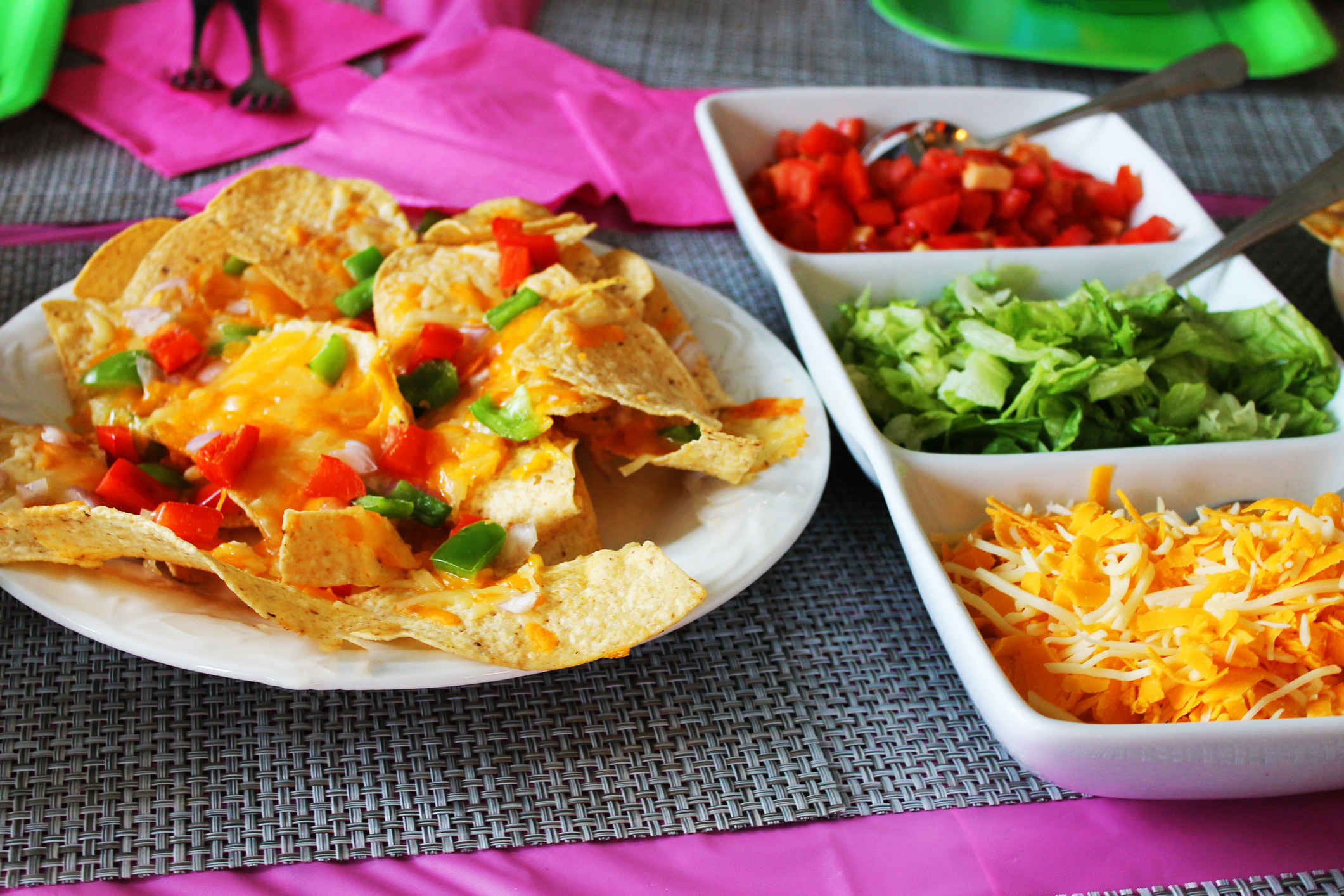
You’ve just spent a good chunk of your evening making a delicious meal for your family, but your kids won’t finish what’s on their plates. It’s a frustrating experience for both parents and children. While some parents try to force their children to finish eating (think of the hungry kids in other countries!) experts agree that tactic isn’t helpful when it comes to feeding kids.
You might have good intentions when making your kids eat every last bite on their plate, but it isn’t healthy long-term. Young people often deal with these physical and mental repercussions after enduring this experience as children.
More from CafeMom: Mom Shares Smart Trick To Keep Kids From Eating Snacks All Darn Day While Home From School
They Might Learn To Binge Eat

Picture a child not finishing their dinner because they’re not hungry anymore. If their parents tell them to keep going, they learn to eat because it makes their parents happy. The need to please a parental figure becomes more important than eating to satiate their hunger. This mindset can lead to binge eating disorders, which already affect between 0.5% and 6% of preadolescents in the US.
They Learn To Distrust Their Bodies

Young kids see their parents as all-knowing adults. If they stop eating one night because they’re full and their mom or dad says they’re actually still hungry, the child might think they must be wrong. After all, parents always know the right thing to do. It may cause the child to distrust their body and result in eating disorders or body image issues.
They Could Choke More Easily

It’s much easier to accidentally start choking if a child is crying and eating simultaneously. Telling your kid to eat when they’re upset only makes their meal a choking risk. You’ll keep them safer by encouraging them to eat while they’re calm.
More from CafeMom: Nutrition Influencer Mom Says She'll Never Give Her Toddler These 3 Problematic Foods
Some Alternative Solutions

When your little one inevitably doesn’t want to eat the rest of their food, you can offer encouragement. But if they insist they’re full, it’s better to respect what they’re saying rather than risk the physical or mental health effects of forced meals. There are some alternative solutions if you're child chooses not to finish a meal or snack.
Talk About the Food With Sensory Language

Children might not want to finish their food because it’s new to them. Try describing what it tastes like, how it feels against your tongue or if it’s warm or cold. Make your kid curious instead of applying parental pressure by arguing.
If your child gets even more curious, talk about how the food goes beyond just the taste and will do more than just make them feel full. The salmon on their plate strengthens their immune system with vitamin D, so they don’t miss out on time with their friends because they’re sick. The calcium in their yogurt helps strengthen their bones so they don’t get hurt shooting hoops or jumping rope.
When they learn how vitamins and nutrients support their bodies, young people might better understand why eating an entire serving is important.
Ask About Their Hunger Cues

Teach your kids how to be present with their bodily sensations. Discuss hunger cues by getting your little one to describe what hunger and fullness feel like. It’s easier to tell a growling stomach and a full belly apart once you’ve thought it through with your parents.
Your child might have been so excited to taste your cheeseburger pasta straight from your Instant Pot, but that doesn’t mean they’re equally as hungry. Ask them if they won’t eat due to fullness cues or boredom. Maybe they’re tired or frustrated about something that happened earlier that day. You’ll teach your kids to be in touch with their needs later on and potentially avoid eating disorders.
Let Them Experiment With Toppings

If your little one won’t eat their carrots, let them sprinkle some salt on their food and try again. If that doesn’t work, try pepper. Giving them agency over the flavor makes the food less intimidating. Letting kids interact with the processes of food systems also boosts their food literacy skills because they learn through real-time experiences.
Sauces, like salad dressing or marinara sauce, may also help in these moments, especially if you’re already using them with your meal. Although combining carrots and marinara sauce might not sound tasty to you, giving your child more room to explore their taste preferences may be what they need to resist the occasional stubborn impulse.
Make Every Meal a Delight

Forcing kids to finish everything on their plates isn’t good for them in the long run. Engaging their minds can help your little ones avoid challenges like eating disorders and body image issues. Make them curious about the food and teach them why it’s so good for them and talk about hunger cues. You’ll raise young people who have healthier relationships with food and don’t grow up arguing at the dinner table.



